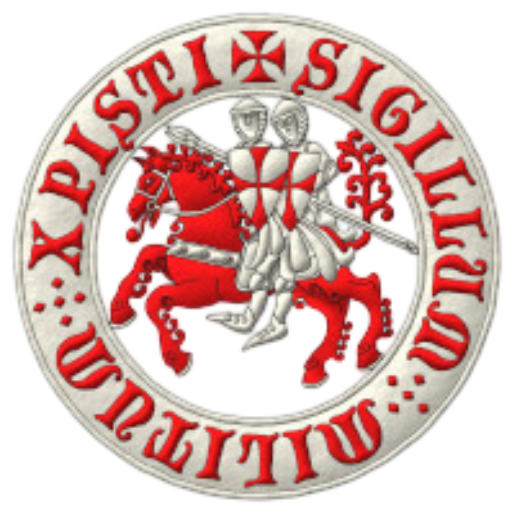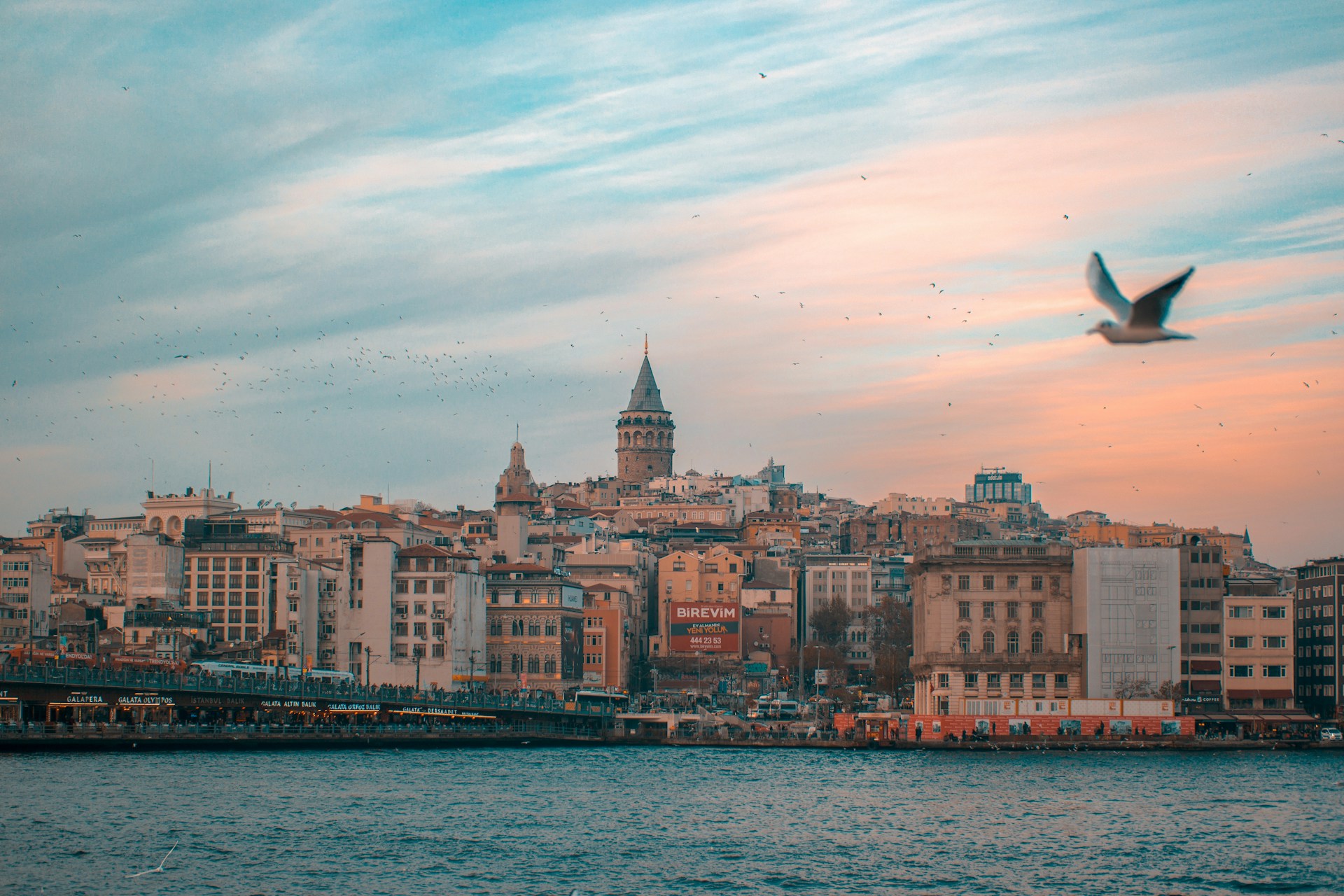Istanbul, a bustling metropolis nestled at the crossroads of Europe and Asia, has long served as a hub for maritime trade and commerce. This strategic location, along with Turkey’s porous borders and relatively lax enforcement, has also made it a transit point for the international drug trade. The city’s position along the Balkan route, a major trafficking corridor connecting Central Asia and Europe, further amplifies its role in this illicit network.
Maritime routes play a significant role in Istanbul’s drug trafficking activities. The city’s strategic position on the Bosporus Strait, a narrow waterway connecting the Black Sea to the Sea of Marmara, provides traffickers with easy access to both European and Asian markets. Cargo ships and container vessels, often uninspected or poorly monitored, serve as conduits for smuggling illicit substances concealed within legitimate shipments.
The sheer volume of maritime traffic in Istanbul makes it challenging for authorities to effectively monitor and intercept drug shipments. The city’s vast harbors, numerous docks, and diverse shipping companies provide traffickers with ample opportunities to blend illicit cargo with legitimate goods. Additionally, the prevalence of corruption and organized crime in Turkey further facilitates these operations.
Istanbul’s role in the international drug trade is not limited to maritime routes. The city’s extensive road and rail networks also connect it to drug-producing regions in Afghanistan, Iran, and Central Asia. Trucks and trains carrying illicit substances often transit through Istanbul, either as part of legitimate trade or using hidden compartments and false manifests.
The Turkish government has taken steps to combat drug trafficking, but these efforts face significant challenges. Corruption within law enforcement agencies, a lack of resources, and the sheer volume of illicit activity make it difficult to curb the flow of drugs through Istanbul.
Here are some of the specific ways in which maritime routes play a role in Istanbul’s drug trafficking activities:
- Concealment within legitimate shipments: Drugs are often concealed within legitimate cargo, such as containers filled with textiles, electronics, or food. This makes it difficult for authorities to detect illicit substances during inspections.
- Use of private shipping companies: Traffickers may use private shipping companies, which often have less stringent security measures than larger, more established firms. This provides traffickers with greater flexibility to smuggle drugs without detection.
- Corruption within maritime agencies: Corruption within customs and port authority officials can enable traffickers to bypass inspections and facilitate the movement of illicit substances.
- Use of false manifests: Traffickers may use false manifests to declare that a shipment contains legitimate goods when it actually contains drugs. This makes it more difficult for authorities to identify and intercept illicit cargo.
The international community, including the United Nations Office on Drugs and Crime (UNODC), has recognized the challenges posed by Istanbul’s role in drug trafficking and has provided support to Turkish authorities in their efforts to combat the problem. However, more needs to be done to address the underlying factors driving drug trafficking through Istanbul, including corruption, organized crime, and a weak regulatory environment.
The Turkish Counter Narcotics Department has played a crucial role in combating drug trafficking and drug-related crimes in Turkey. Its comprehensive approach, which combines intelligence gathering, interagency cooperation, and prevention measures, has resulted in significant achievements in disrupting the flow of illicit substances and reducing drug demand. As the CND continues to evolve and adapt to the challenges posed by the drug trade, it is well-positioned to make an even greater impact in protecting the Turkish public from the dangers of drugs.

